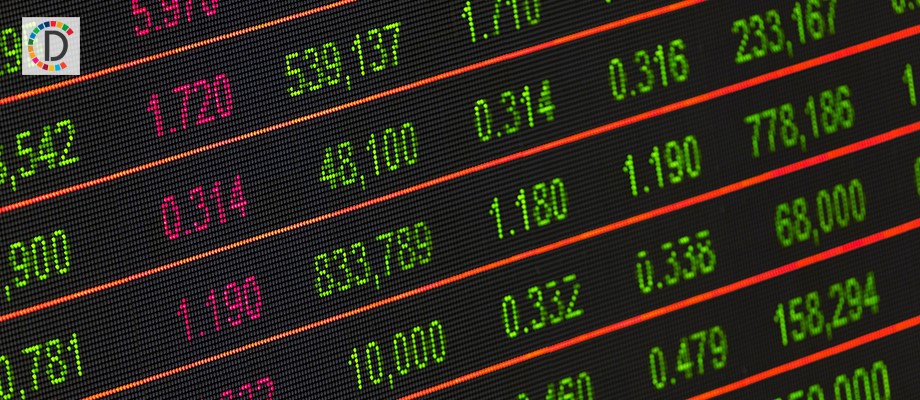China stocks fall on COVID worries, U.S. inflation
** Global equity markets slumped, as the U.S. consumer price index posted a 8.6% rise last month, the largest year-on-year increase since December 1981, beating analysts' expectations of 8.3%. ** CICC analysts said A-shares might continue to rebound in bumpy trade in the short term, but performance for the second half of this year will depend on the economy's fundamentals due to both domestic and overseas uncertainties.

- Country:
- China
China stocks closed down on Monday, as COVID-19 uncertainties sparked worries of fresh outbreaks and lockdowns, while high-flying U.S. inflation raised concerns that the Federal Reserve will continue to tighten policy and cause a sharp slowdown. The blue-chip CSI300 index fell 1.2% to 4,189.35, while the Shanghai Composite Index lost 0.9% to 3,255.55 points.
** Authorities in Beijing on Monday raced to contain a COVID outbreak traced to a 24-hour bar, with millions facing mandatory testing and thousands under targeted lockdowns, while Shanghai completed mass testing for most of its 25 million residents at the weekend. ** Global equity markets slumped, as the U.S. consumer price index posted a 8.6% rise last month, the largest year-on-year increase since December 1981, beating analysts' expectations of 8.3%.
** CICC analysts said A-shares might continue to rebound in bumpy trade in the short term, but performance for the second half of this year will depend on the economy's fundamentals due to both domestic and overseas uncertainties. ** New bank lending in China jumped far more than expected in May and broader credit growth also quickened as Beijing steps up policy support.
** However, 38% of the new monthly loans were in the form of short-term bill financing, suggesting real credit demand remains weak. ** "To make the credit transmission more effective, the government will likely boost infrastructure investment and relax regulation in the property sector in the coming months," said Zhiwei Zhang, chief economist at Pinpoint Asset Management. "Another critical policy is to avoid excessive COVID-related policies."
** China's fund association issued guidelines on Friday designed to discourage short-termism and promote the healthy development of the $3.8 trillion mutual fund industry. ** Real estate developers tumbled more than 3%, while shares in tourism, banks, and infrastructure lost more than 2% each.
** Automobiles and non-ferrous metal rose more than 2% each.
(This story has not been edited by Devdiscourse staff and is auto-generated from a syndicated feed.)
- READ MORE ON:
- U.S.
- Shanghai
- COVID
- Beijing
- Pinpoint Asset Management
- China
- Federal Reserve
ALSO READ
China's Xi meets former Taiwan President Ma in Beijing
Biden warns on Beijing's South China Sea moves in Philippines-Japan summit
My taxable income plummeted to Rs 680 in 2021-22 due to Covid-19 losses: BJP's Chandrasekhar
Biden to warn on Beijing's South China Sea moves in Philippines-Japan summit
U.S., Japan, Philippines condemn Beijing's South China Sea moves in summit










